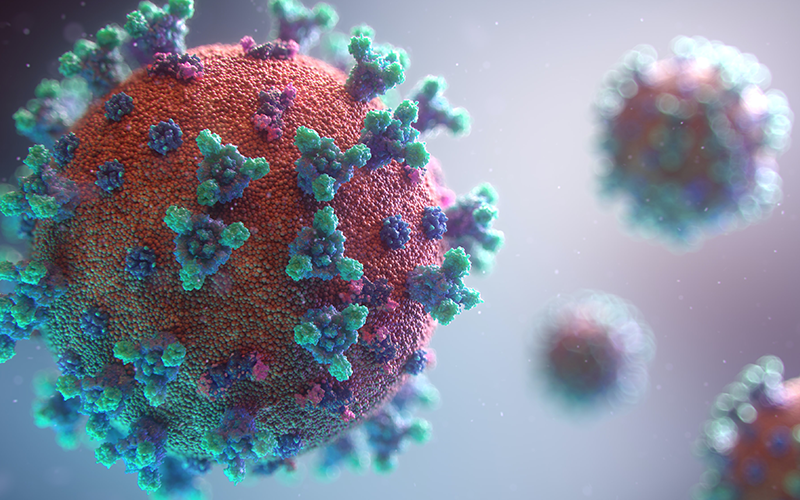1 Department of Radiation Oncology, Clinical Medicine, Faculty of Medicine, University of Tsukuba,
Tsukuba 305-8575, Japan; knakai@pmrc.tsukuba.ac.jp (K.N.); hsakurai@pmrc.tsukuba.ac.jp (H.S.)
2 Proton Medical Research Center, University of Tsukuba Hospital, Tsukuba 305-8576, Japan
3 Department of Radiation Oncology, Kobe Proton Center, Kobe 650-0047, Japan; fukumitsun@yahoo.co.jp
4 National Institute of Quantum and Radiological Science and Technology Hospital, Chiba 263-8555, Japan;
ishikawa.hitoshi@qst.go.jp
* Correspondence: ymatsumoto@pmrc.tsukuba.ac.jp; Tel.: +81-29-853-7100
Abstract: In this paper, we discuss the role of particle therapy—a novel radiation therapy (RT) that has shown rapid progress and widespread use in recent years—in multidisciplinary treatment. Three types of particle therapies are currently used for cancer treatment: proton beam therapy (PBT), carbon-ion beam therapy (CIBT), and boron neutron capture therapy (BNCT). PBT and CIBT have been reported to have excellent therapeutic results owing to the physical characteristics of their Bragg peaks. Variable drug therapies, such as chemotherapy, hormone therapy, and immunotherapy, are combined in various treatment strategies, and treatment effects have been improved. BNCT has a high dose concentration for cancer in terms of nuclear reactions with boron. BNCT is a next-generation RT that can achieve cancer cell-selective therapeutic effects, and its effectiveness strongly depends on the selective 10B accumulation in cancer cells by concomitant boron preparation. Therefore, drug delivery research, including nanoparticles, is highly desirable. In this review, we introduce both clinical and basic aspects of particle beam therapy from the perspective of multidisciplinary treatment, which is expected to expand further in the future.



